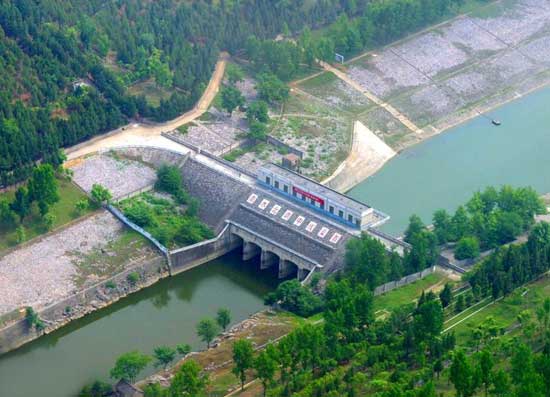A large scale water transfer project slated to be completed by October this year is set to alleviate some of Beijing's water shortages.

A large scale water transfer project slated to be completed by October this year is set to alleviate some of Beijing's water shortages.
Starting from October this year, Beijing is set to benefit from a larger water supply. The "South-to-North Water Diversion Project", a large scale initiative, will transport over a billion cubic meters of water via canals to the country’s capital annually.
The canals will run over 1,200 kilometers from the Danjiangkou Reservoir, located on the upstream of a tributary of the Yangtze River to Tuancheng Lake, an outskirt just outside of the city.
"Tuancheng lake has a volume of 520 thousand cubic meters, water plants in the city will draw the water directly from here after being transported from the project,” Hua Quanli, sector director of South-North Water Diversion Project, said.
Water delivered from this mega-project will eventually comprise half of the city’s water supply, for drinking and industrial purposes.
It will also ease supply constraints from the city’s underground water reserves, which up till now remains the city’s main water source.
"After the water from the South gets to Beijing, we will shut down water plants at three major underground water sources, each of them currently contributes over 300 million cubic meters of water to the capital. This move would stop underground levels of water from lowering and their supply would gradually recover," Sun Guosheng, director of BJ South-North Water Diversion Project, said.
With this initiative, each of Beijing’s 21 million residents will have an extra 50 cubic meters of water---or a 50 percent increase from existing supply levels.
That will be cool comfort to the city that has a water availability per capita below the minimum level of scarcity set by the United Nations.







